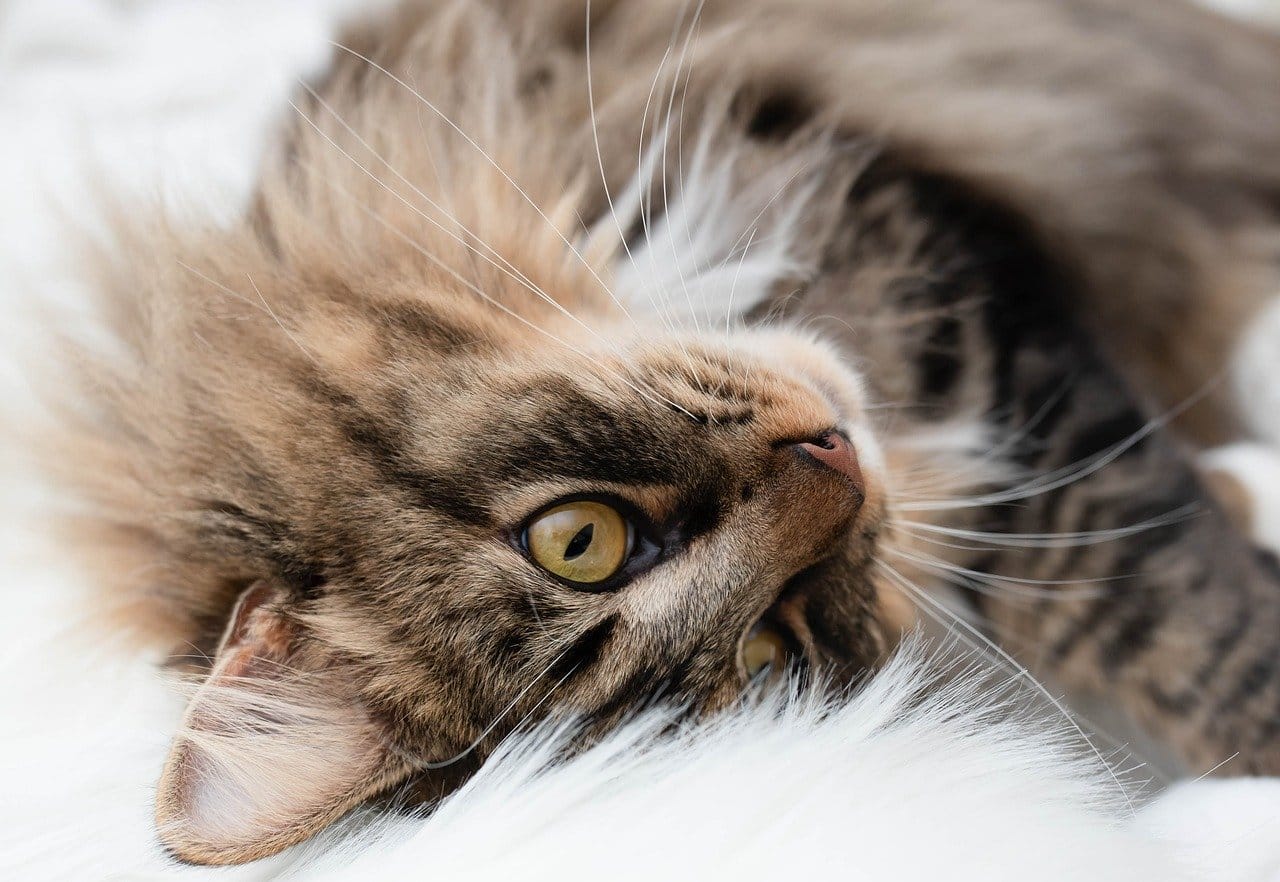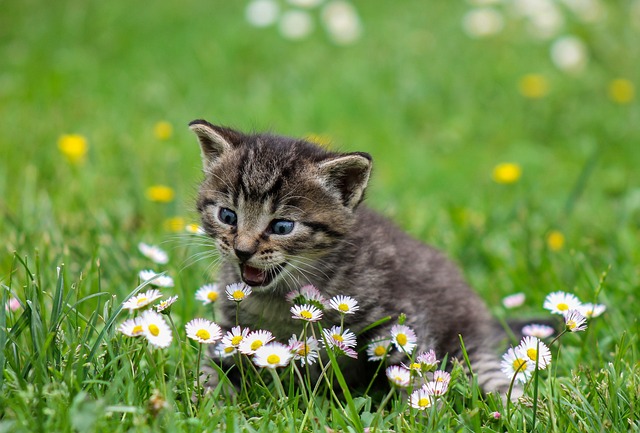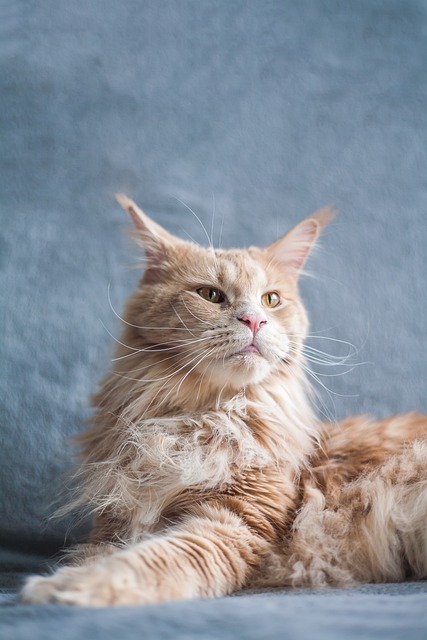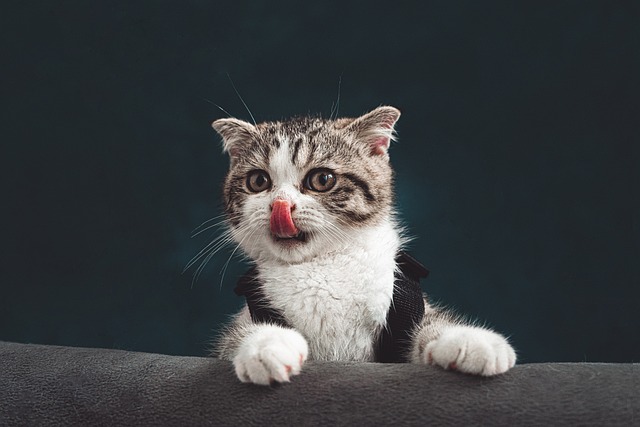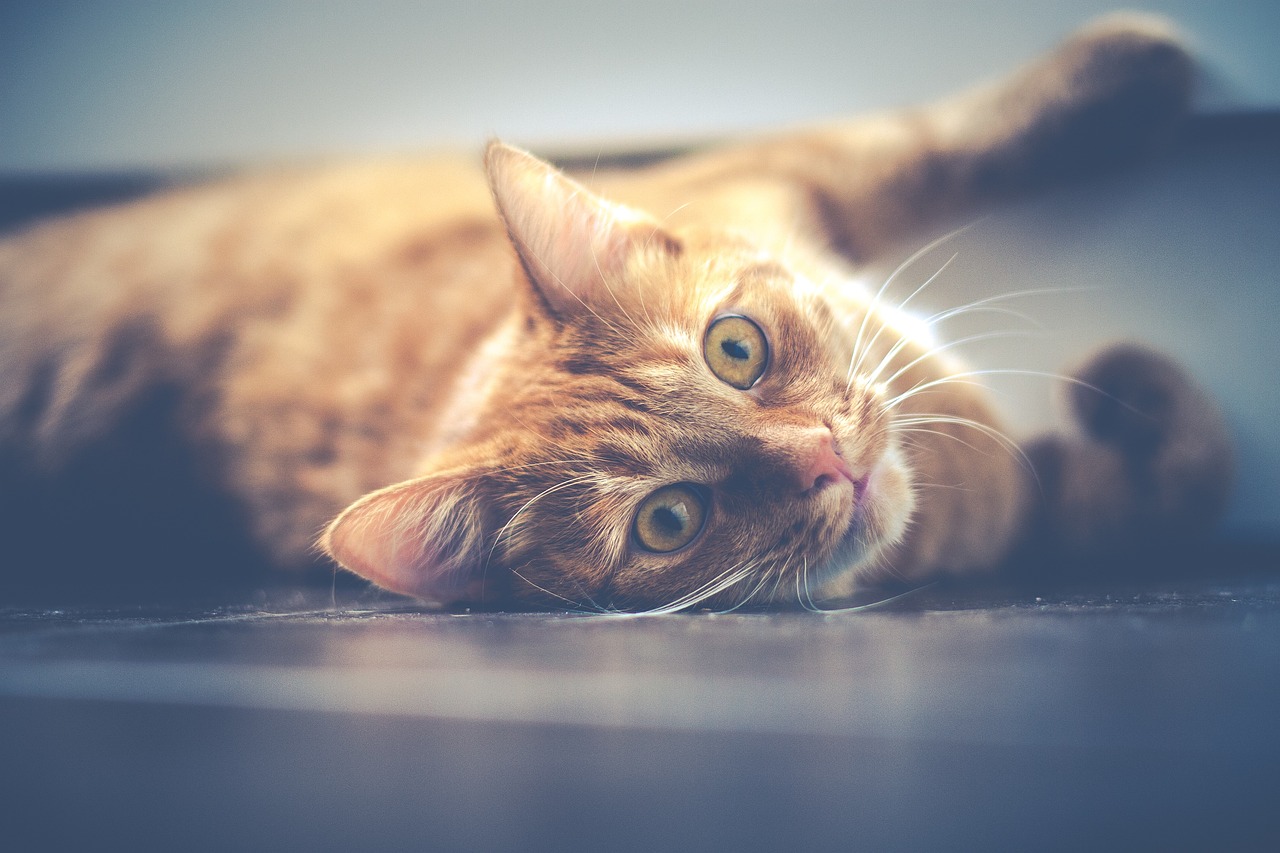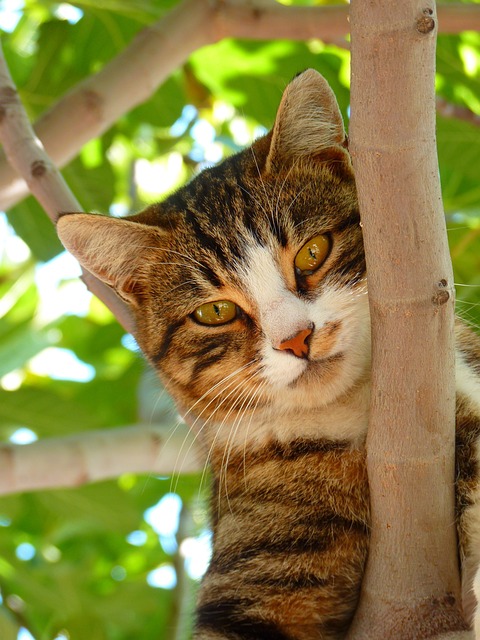Lethargy in cats can be a concerning symptom, indicating underlying health issues that require prompt attention. While veterinary care is essential for diagnosing and treating the underlying cause of lethargy, there are also home remedies that can support a cat’s recovery and improve their overall well-being.
1.Veterinary Care for Lethargy in Cats
When a cat presents with lethargy, veterinarians undertake a comprehensive approach to diagnosis and treatment. The first step is a thorough physical examination to assess the cat’s overall health and identify any visible abnormalities. Depending on the cat’s symptoms and medical history, additional diagnostic tests such as blood work, urinalysis, imaging studies, or fecal analysis may be recommended to further evaluate the underlying cause of lethargy.
Once the underlying cause is identified, veterinarians can develop a tailored treatment plan to address the specific condition affecting the cat. Treatment options may include:
- Medications: Depending on the diagnosis, veterinarians may prescribe medications to treat infections, relieve pain, reduce inflammation, manage chronic conditions, or address other underlying health issues contributing to lethargy. Antibiotics, pain relievers, anti-inflammatory drugs, and other medications may be prescribed as part of the treatment regimen.
- Fluid Therapy: Dehydration is a common concern in lethargic cats, especially if they are not drinking enough water or experiencing fluid loss due to vomiting, diarrhea, or other symptoms. In cases of dehydration, veterinarians may administer intravenous or subcutaneous fluids to rehydrate the cat and restore electrolyte balance.
- Nutritional Support: Proper nutrition is crucial for supporting a cat’s recovery and overall health. Veterinarians may recommend specific diets tailored to the cat’s nutritional needs and underlying medical condition. Nutritional supplements or appetite stimulants may also be prescribed to encourage eating in cats with decreased appetite.
- Environmental Management: Environmental factors such as stress, anxiety, or changes in routine can contribute to lethargy in cats. Veterinarians may recommend environmental modifications to create a calm and comfortable living space for the cat. This may include providing hiding spots, interactive toys, vertical space for climbing, or pheromone diffusers to reduce stress and promote relaxation.
- Follow-up Care: Monitoring the cat’s progress and response to treatment is essential for adjusting the treatment plan as needed and ensuring optimal outcomes. Veterinarians may schedule follow-up appointments to assess the cat’s condition, perform additional tests if necessary, and provide ongoing support and guidance to pet owners.
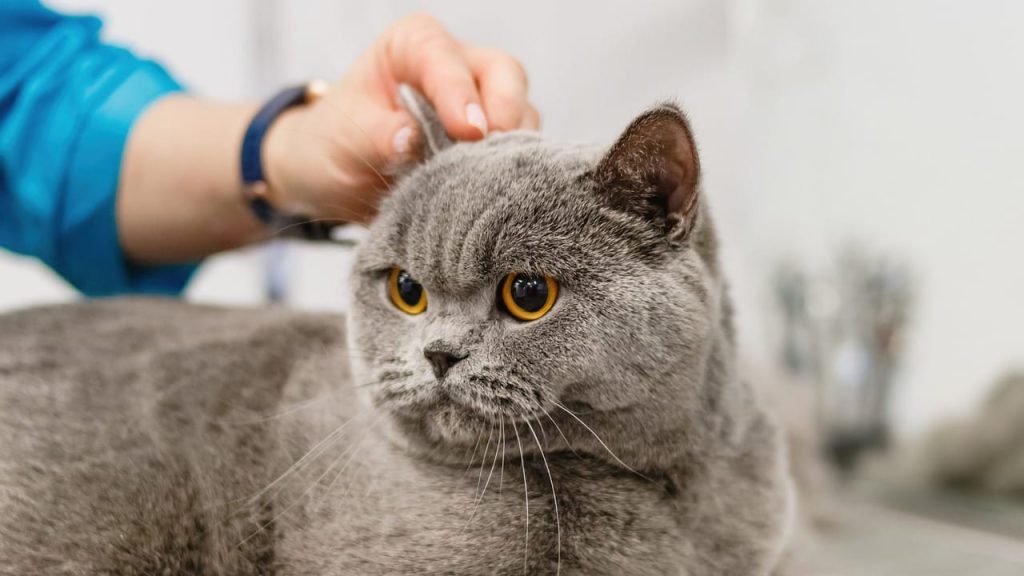
2.Home Remedies for Lethargy in Cats
In addition to veterinary care, there are several home remedies that pet owners can try to support a lethargic cat’s recovery and improve their comfort:
- Ensure Comfortable Resting Areas: Create cozy and quiet resting areas where the cat can relax undisturbed. Provide soft bedding in warm and draft-free locations, away from noise and activity.
- Encourage Hydration: Ensure access to fresh, clean water at all times to prevent dehydration. Consider offering wet food or adding water to dry food to increase fluid intake. Some cats may prefer drinking from a running water fountain or flavored water to encourage drinking.
- Maintain a Balanced Diet: Feed the cat a balanced and nutritious diet tailored to their specific needs and dietary preferences. Offer small, frequent meals throughout the day to stimulate appetite and provide essential nutrients for recovery.
- Provide Mental Stimulation: Engage the cat in interactive play sessions, puzzle toys, or other enrichment activities to stimulate their mind and body. Mental stimulation can help alleviate boredom, reduce stress, and promote overall well-being.
- Monitor Symptoms: Keep a close eye on the cat’s symptoms and behavior, noting any changes or improvements. Monitor food and water intake, litter box habits, energy levels, and any other relevant signs of improvement or deterioration.
- Maintain a Stress-Free Environment: Minimize stressors in the cat’s environment by providing a stable and predictable routine. Avoid sudden changes, loud noises, or disruptions that could contribute to anxiety or stress.
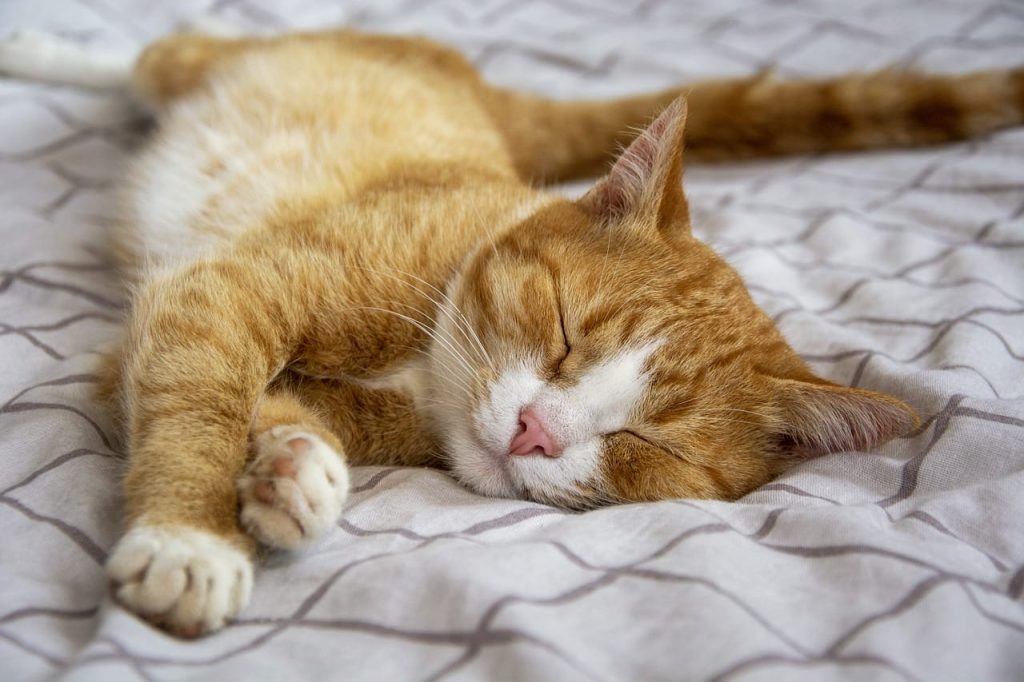
3.Preventive Measures and Long-Term Care for Lethargy
In addition to addressing acute episodes of lethargy, pet owners can take preventive measures and implement long-term care strategies to maintain their cat’s health and well-being:
- Regular Veterinary Check-ups: Schedule regular veterinary check-ups to monitor the cat’s health and detect any potential issues early. Routine examinations, vaccinations, parasite prevention, and dental care are essential components of preventive healthcare for cats.
- Balanced Diet and Exercise: Provide a balanced and nutritious diet tailored to the cat’s age, breed, and activity level. Encourage regular exercise through interactive play sessions, climbing structures, or outdoor adventures (if safe and supervised). Maintaining a healthy weight and active lifestyle can help prevent obesity and associated health problems.
- Environmental Enrichment: Create a stimulating and enriching environment for the cat with opportunities for mental and physical exercise. Provide toys, scratching posts, perches, and interactive games to keep the cat engaged and entertained. Rotation of toys and environmental changes can prevent boredom and encourage exploration.
- Stress Management: Minimize stressors in the cat’s environment and provide a safe and secure living space. Address any sources of anxiety or fear, such as loud noises, conflicts with other pets, or changes in routine. That will promote emotional well-being and reduce the risk of stress-related health issues.
- Dental Care: Maintain good oral hygiene by regularly brushing the cat’s teeth and providing dental treats or toys to promote dental health. Dental disease can lead to pain, discomfort, and systemic health problems, so preventive dental care is essential for overall well-being.
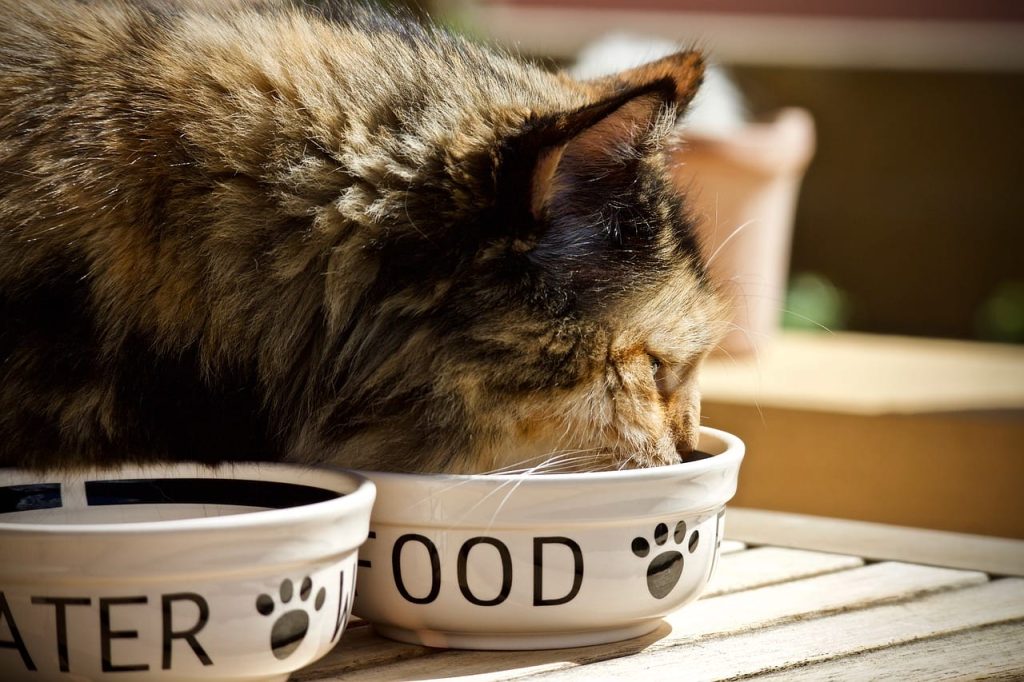
Conclusion
Lethargy in cats can be a concerning symptom that requires prompt attention and appropriate treatment. Veterinary care is essential for diagnosing the underlying cause of lethargy and developing a tailored treatment plan to address the specific condition affecting the cat. Preventive measures and long-term care strategies are crucial for maintaining a cat’s health and well-being.
What are causes and symptoms of lethargy in cats ?

